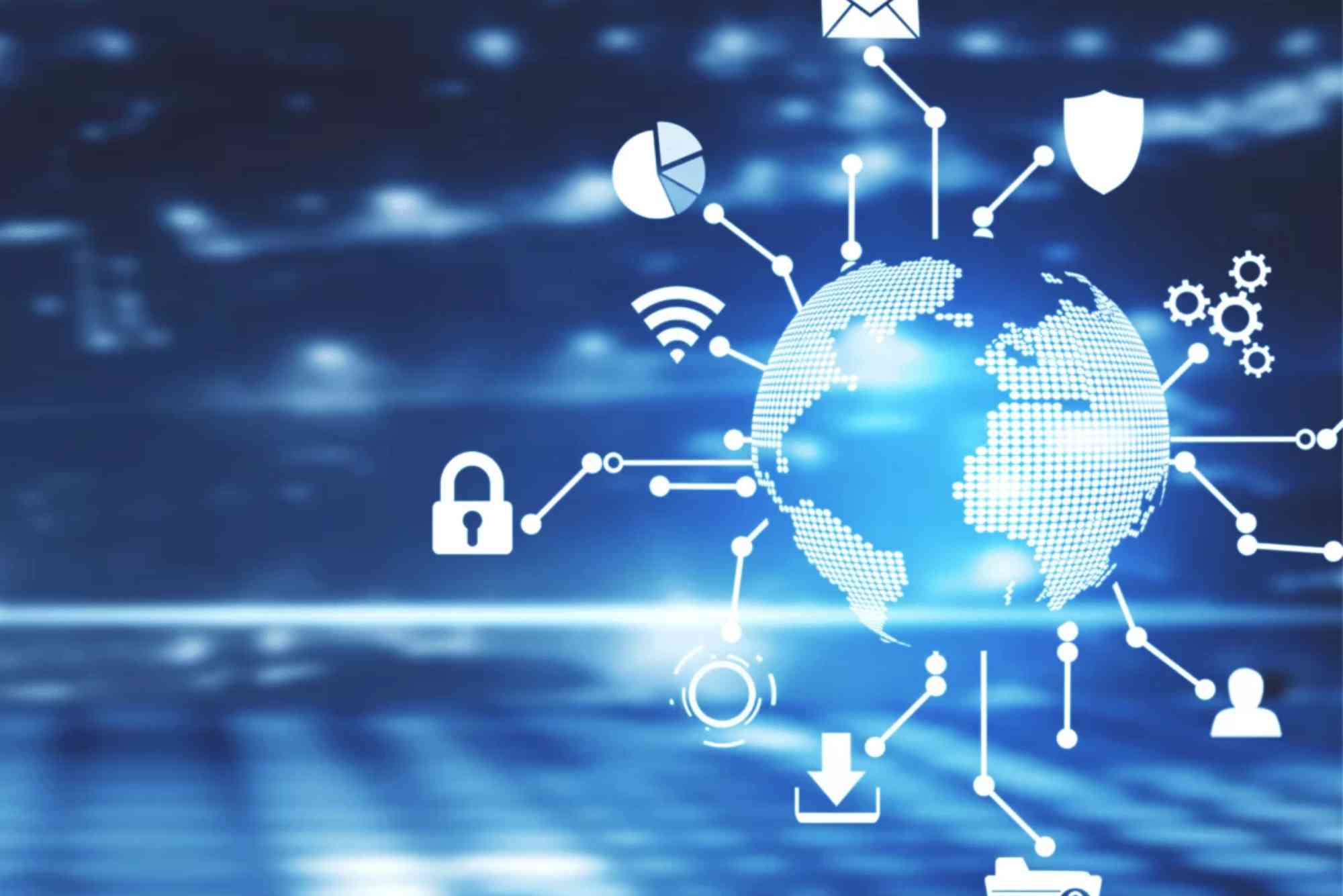Top Ten Technology Trends to Watch in 2025
The digital landscape continues to evolve at lightning speed. As we step into 2025, the top ten technology trends are not just reshaping industries—they’re transforming everyday life. From artificial intelligence breakthroughs to the rise of the quantum era, understanding these innovations is essential for staying ahead in business, education, and even personal life.
This article explores the most important developments expected to dominate in 2025. Whether you’re a tech enthusiast, business owner, or simply curious about what lies ahead, these insights will help you prepare for the future.
Artificial Intelligence Goes Autonomous
Artificial intelligence has already revolutionized customer service, healthcare, and manufacturing. But in 2025, we’re seeing the rise of autonomous AI systems. These models can learn and make decisions with minimal human intervention.
One key area is agent-based AI, which uses autonomous bots to complete tasks across software platforms. Imagine a virtual assistant that not only sets meetings but also negotiates contracts or processes invoices without oversight.
In addition, AI-generated content, code, and design are becoming mainstream. Tools like ChatGPT and GitHub Copilot are just the beginning. These technologies will soon integrate seamlessly into daily workflows, freeing humans for more creative and strategic work.
Quantum Computing Breaks Barriers
2025 is poised to be the year when quantum computing steps out of research labs and into real-world applications. Major tech companies, including IBM and Google, are racing to build stable quantum processors that outperform classical computers in certain tasks.
This breakthrough will affect cryptography, complex simulations, and drug discovery. Financial institutions and government agencies are already exploring post-quantum encryption methods to secure data against these powerful machines.
While still in its early stages, the quantum leap is real—and it’s coming fast.
5G Evolution to 6G Research
5G networks are already reshaping mobile connectivity. But in 2025, we’ll see research efforts shift toward 6G, promising speeds up to 100 times faster than 5G.
The implications go beyond faster downloads. Ultra-low latency and massive bandwidth will unlock real-time applications like remote surgeries, immersive AR/VR experiences, and fully connected smart cities.
In the meantime, 5G will reach broader adoption across rural areas, making high-speed internet more accessible worldwide.
Blockchain for More Than Crypto
Blockchain is no longer just about Bitcoin. In 2025, enterprise blockchain solutions are gaining momentum in sectors like supply chain management, digital identity, and logistics.
Smart contracts are making business transactions faster and more secure. Governments are exploring central bank digital currencies (CBDCs), while companies use blockchain to ensure product authenticity and track goods in real time.
Expect blockchain to become a foundational technology, much like the internet.
The Rise of AI-Powered Healthcare
Healthcare is experiencing a major tech upgrade, and 2025 will bring even more intelligent systems to patient care. AI algorithms can now detect diseases like cancer, Alzheimer’s, and heart conditions earlier and more accurately than ever.
Personalized medicine is also on the rise. By analyzing a patient’s genetic data and health history, doctors can create custom treatment plans. In emergency care, AI-powered triage systems help hospitals prioritize cases quickly and accurately.
Wearables and remote monitoring tools will continue to grow, allowing patients to receive continuous care from home.
Extended Reality (XR) Becomes Mainstream
The umbrella term XR—which includes AR (augmented reality), VR (virtual reality), and MR (mixed reality)—is exploding in popularity across industries.
In 2025, XR will move beyond gaming into training, education, real estate, and remote collaboration. Enterprises are investing in virtual workspaces where teams can meet and interact just like in real life.
Educational institutions use VR to simulate real-world experiences, from virtual science labs to historical reenactments. This trend will continue as XR hardware becomes lighter, cheaper, and more powerful.
Sustainable Tech and Green IT
As climate change remains a global priority, 2025 will mark a strong shift toward sustainable technology solutions. Data centers are switching to renewable energy, and companies are building eco-friendly hardware using recyclable materials.
The push for green coding is also gaining traction—developers are optimizing software to consume less energy. Carbon tracking tools and sustainability dashboards help organizations monitor and reduce their environmental impact.
Sustainable tech is no longer optional—it’s becoming a core business value.
Cybersecurity: Adaptive and Proactive
With the growing number of connected devices, cyber threats are becoming more sophisticated. In 2025, cybersecurity is evolving into a more adaptive and proactive domain.
AI-driven threat detection systems can now identify unusual behavior and respond in real time. Zero-trust architecture, where every request is verified regardless of origin, is becoming the standard.
Meanwhile, privacy-enhancing technologies such as homomorphic encryption and federated learning help protect sensitive data while still enabling AI training and analysis.
Edge Computing Over Cloud Dominance
Cloud computing has been the backbone of digital transformation, but in 2025, edge computing is stepping up. This means processing data closer to the source—on devices or local servers—instead of in distant data centers.
The advantage? Reduced latency, improved data privacy, and lower bandwidth costs. Industries like manufacturing, agriculture, and autonomous driving are leading the edge revolution.
Smart factories and IoT devices now operate with real-time data, enabling better decision-making on the spot.
Human-AI Collaboration: The New Normal
Perhaps the most profound shift in 2025 will be in how humans and machines work together. Instead of replacing jobs, AI is increasingly viewed as a collaborator.
Co-bots (collaborative robots) are working alongside humans in factories, handling repetitive or dangerous tasks. AI assistants help professionals write reports, design presentations, or debug code.
This partnership is redefining productivity, and companies are investing in AI literacy programs to upskill their workforce. Human intuition combined with machine intelligence will be a winning formula for years to come.
FAQs
What are the top 10 emerging technologies of 2025?
The Top Ten Technology include autonomous AI, quantum computing, 5G/6G networks, blockchain, AI-powered healthcare, XR, green tech, cybersecurity advancements, edge computing, and human-AI collaboration.
How will AI change jobs in 2025?
AI will automate routine tasks but also create new roles in development, management, and creative collaboration. Workers will need to adapt and upskill.
What industries will benefit most from these tech trends?
Healthcare, finance, manufacturing, logistics, education, and smart cities are set to gain the most from these technologies.
Is quantum computing a real threat to encryption?
Yes. Quantum computers may eventually break traditional encryption, pushing governments and companies toward post-quantum cryptography.
Will blockchain replace traditional databases?
Not entirely, but blockchain offers advantages in transparency, security, and decentralization for specific use cases.




